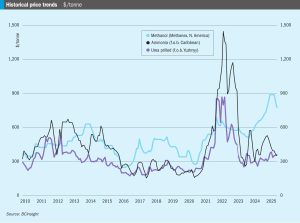
Market Outlook
• The short term outlook appears balanced for the most part, although more bullish participants seem to be holding sway over market sentiment.

• The short term outlook appears balanced for the most part, although more bullish participants seem to be holding sway over market sentiment.
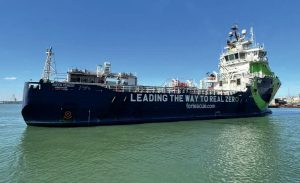
As well as a recent US Chemical Safety Board report on an ammonia release incident, the past year has seen considerable focus on safety of ammonia at sea, in preparation for its possible use as a clean burning maritime fuel.

This year’s International Methanol Technology Operators’ Forum (IMTOF) was held at the Holiday Inn Regents Park hotel, London, from June 15 to 18.
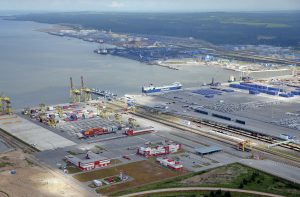
Increased merchant ammonia capacity over the next few years may lead to longer term price declines.
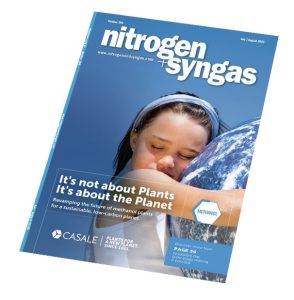
Ju ne saw fertilizer markets – urea markets in particular – thrown into chaos by the widening of hostilities in the Middle East. Israel’s and then the United States’ strikes on Iranian nuclear facilities and the retaliatory attacks on Israel and Qatar for a while held out the potential for the conflict to widen, perhaps even leading to attempts to close the straits of Hormuz at the entrance to the Gulf, something not seen since the ‘tanker war’ of the 1980s when Iraq tried to cripple Iran’s oil exports during the eight year Iran-Iraq War.
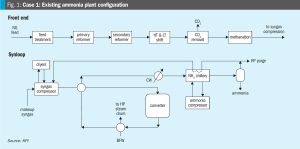
VK Arora of KPI examines the technical and operational challenges of decarbonising legacy and new ammonia plants, drawing on a European case study of full-scale conversion supported by robust process and integration design. It also presents three US case studies exploring partial strategies, such as green hydrogen blending and oxygen enrichment, to reduce CO2 emissions and improve throughput. Together, these examples highlight a phased, cost-effective approach to decarbonisation, with blue hydrogen serving as a near-term transitional feedstock.
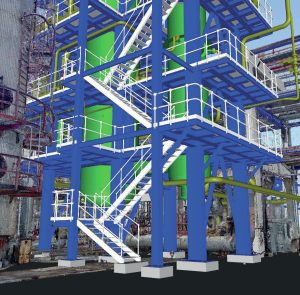
Casale is specialised in revamping natural gas-based methanol plants. Decarbonisation of methanol plants is a goal for many producers achievable with a proper revamping strategy. Pietro Moreo of Casale discusses how Casale’s innovative technologies and extensive experience ensure reliable efficient capacity and performance enhancements together with CO2 emissions reduction tailored to meet revamping project targets.
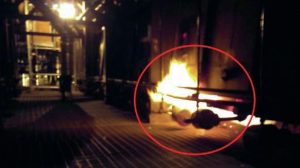
This article describes an unusual tube failure incident which resulted in fire escaping the furnace box during normal operation of a hydrogen plant. Ken Wohlgeschaffen of Chevron Products Company shares the sequence of events leading up to the incident, the extent of damage caused by the incident, and most importantly the causes and lessons learned from this incident to prevent recurrence.
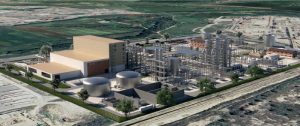
The production of methanol from waste offers a groundbreaking solution for sustainable urban waste management as well as producing an alternative renewable fuel for maritime transport. Giacomo Rispoli, Andrea Angeletti and Alessia Borgogna of Nextchem provide an overview of the waste conversion process and its application.

No longer viewed as only a chemical feedstock, methanol is increasingly being regarded as a low-carbon energy carrier. Zinovia Skoufa of Johnson Matthey discusses the role of sustainable methanol as a multi-pathway fuel for the energy transition.